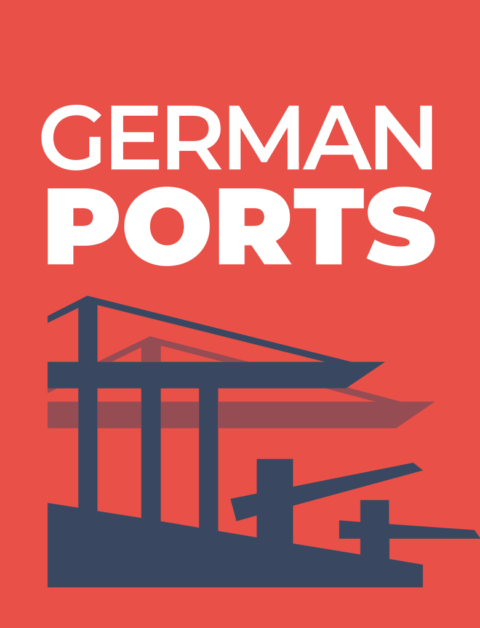Contents
The process for shipowners at a glance
![]()
Send Release Order
Send the Release Orders (via EDI / XML) to German Ports. A digital pick-up right is generated from this.
![]()
Name recipient
In the Release Order, you transmit the German Ports ID of the company that receives the pick-up right.
![]()
Manage Releas Orders
If necessary, you can send changes (cancellations, updates) to German Ports.
Step by step instructions
1. register your company
Every company must register once in German Ports!
After registering, you can set up branches and add users in German Ports yourself.
Here register directly
2. inform your customers
Inform your customers in good time that they must also use German Ports. Only registered customers can receive and manage pick-up authorisations for import containers.
Also important: your customers must also inform the next party authorised to collect containers. This ensures a safe and uncomplicated handover.
Here go to the customer letter
3. connect technically to
As a shipping company, you can connect technically via EDIFACT or XML. Use the following documentation for this:
Docs & Guides
Specialised documentation
- German Ports Factsheet
- German Ports information sheet for shipowners
- German Ports information event for shipowners (07/2025) (ENG)
- German Ports info event for shipowners (08/2025) (ENG)
- German Ports Customer Information
Technical documentation
EDIFACT connection
- German Ports COREOR 95B Implementation Guide
- German Ports COREOR 95B Example (Carriers' Haulage)
- German Ports COREOR 95B Example (Merchant's Haulage)
- APERAK Implementation Guide
XML connection
- German Ports Release Order Implementation Guide
- German Ports Notification Message XML Implementation Guide
- German Ports Release Order XML Example
- German Ports Notification Receipt XML Example
- German Ports Notification Information XML Example
- German Ports Release Order XSD
- German Ports Notification Message XSD
Code lists
User Guide
Step-by-step instructions: How do I create exemptions, how do I revoke them?
FAQ for shipowners
Onboarding
Not yet a member of German Ports? Then click here, to get to our registration page.
